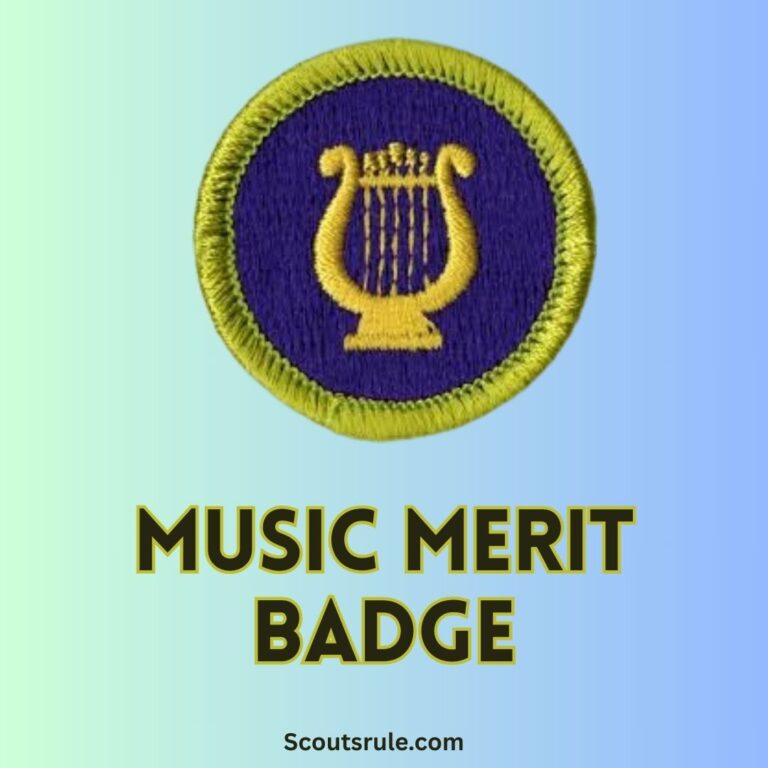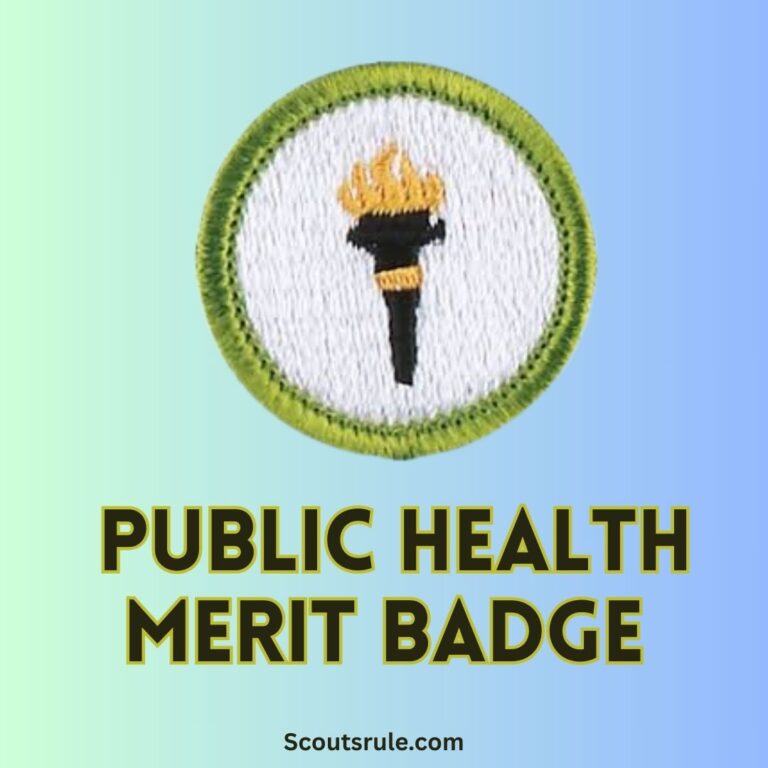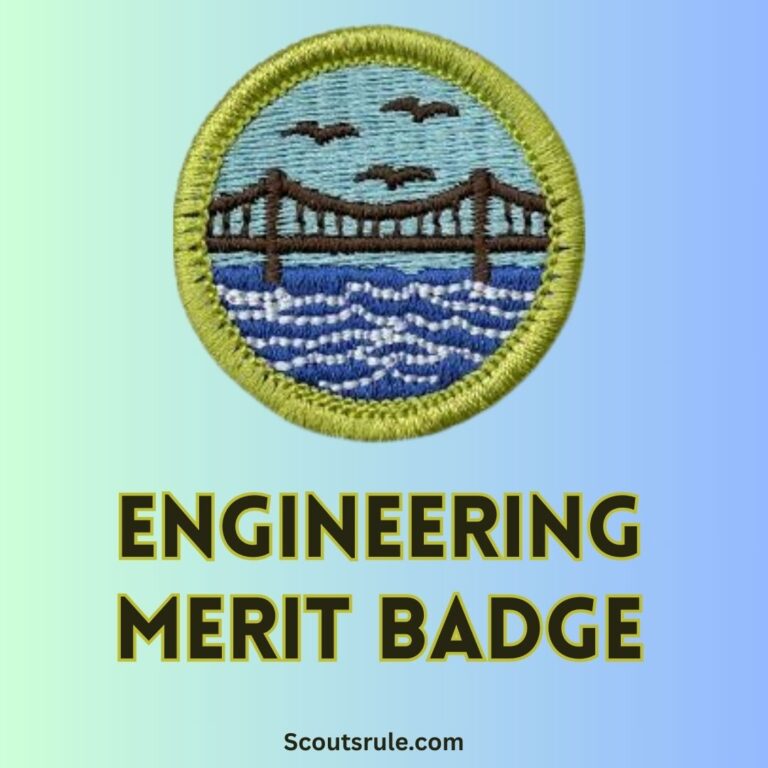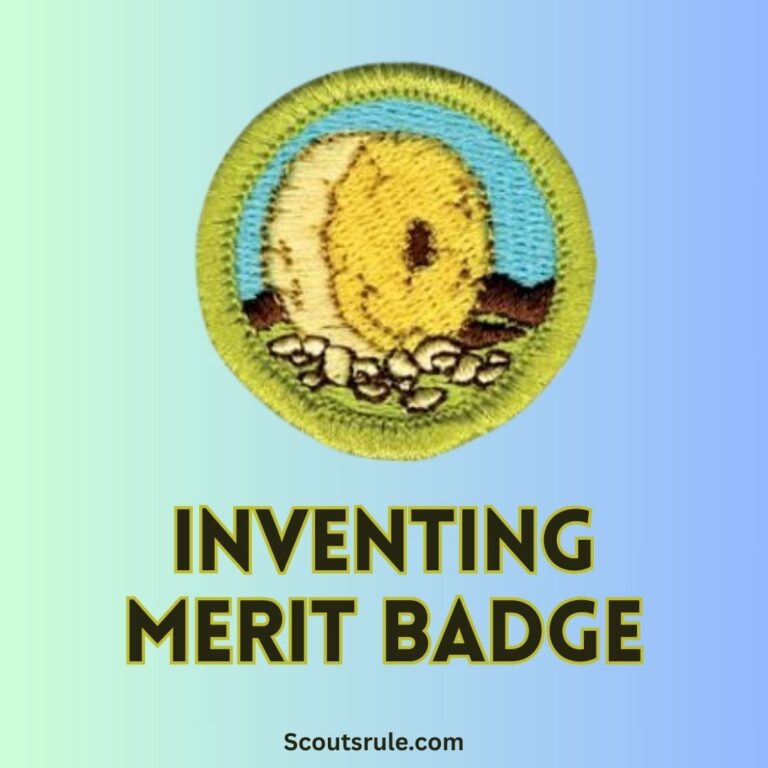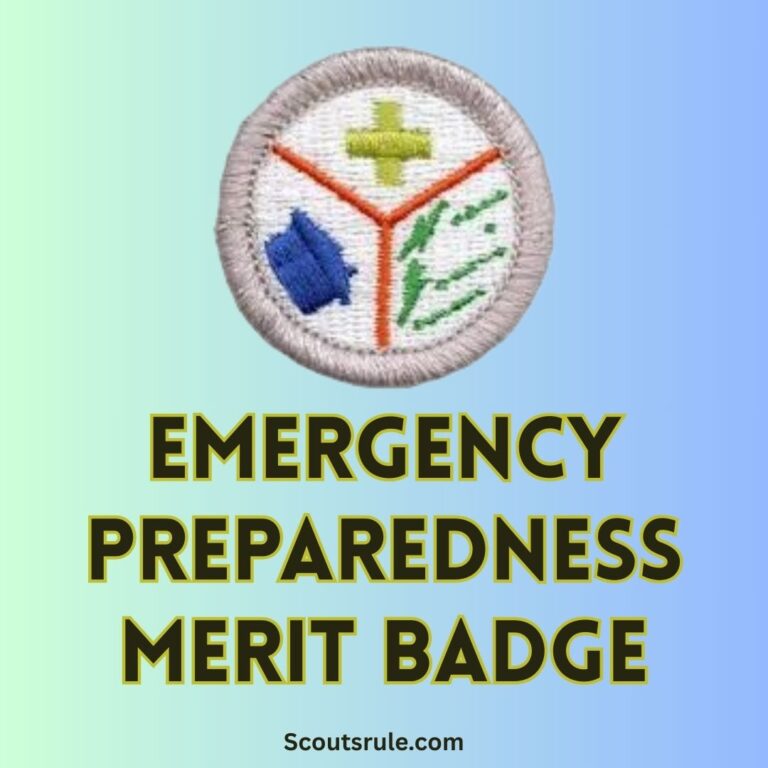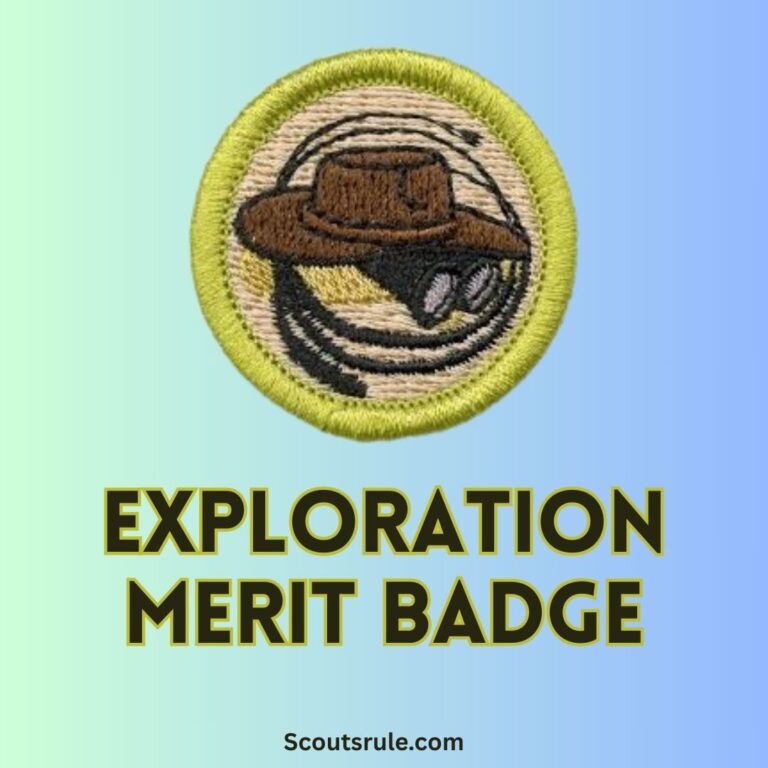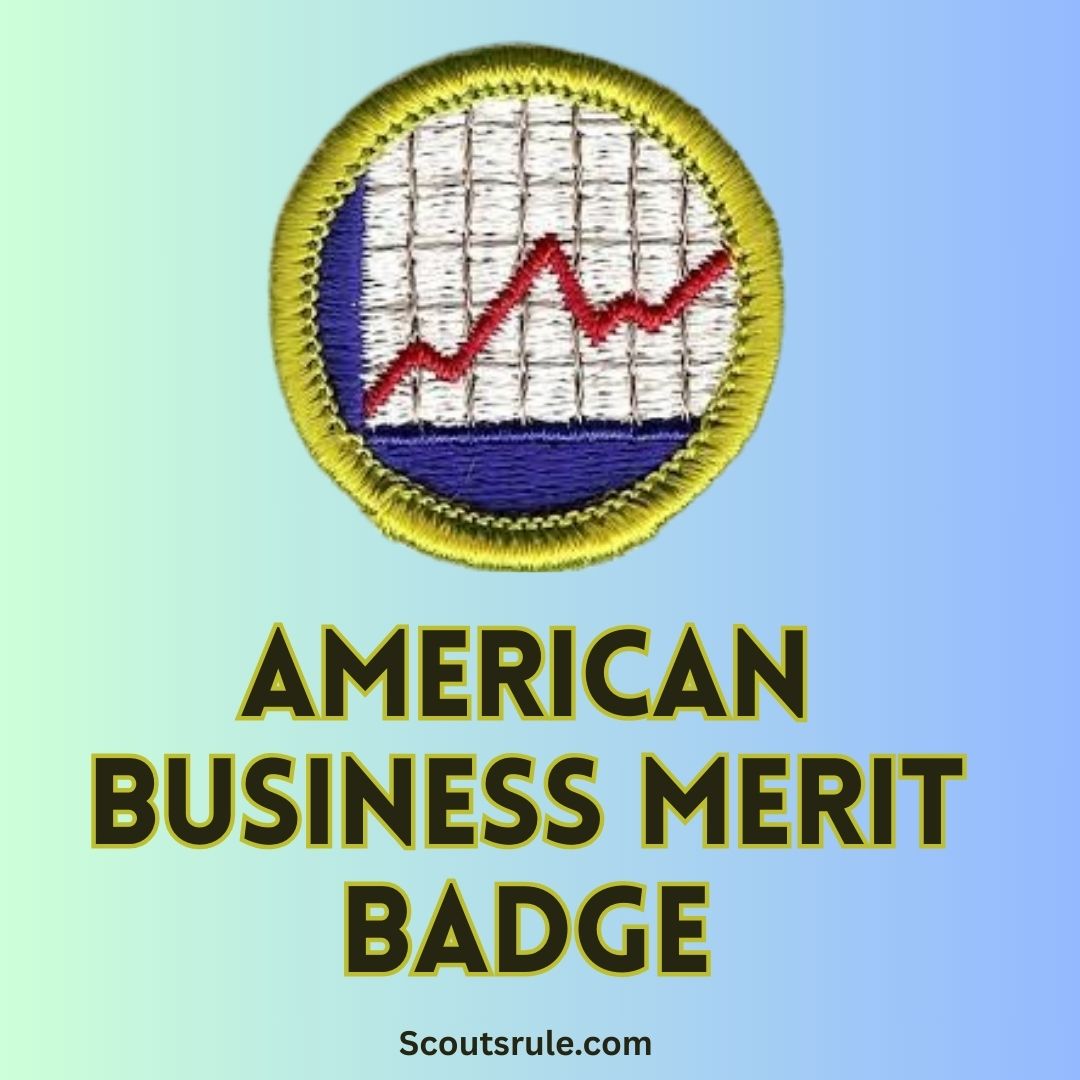
This guide is designed to help you explore the complex world of business in America—from understanding the free enterprise system, reviewing historical milestones and influential figures, to learning about financial statements, business ethics, and even career opportunities. Whether you dream of starting your own business, aspire to work in management, or simply want to understand how American business practices shape our society, this guide will walk you through each requirement step by step, offer practical project ideas, and provide strategies for documenting your progress.
Post Contents
- Introduction: The World of American Business
- 2. Purpose and Objectives of the Merit Badge
- 3. Historical Context: The Evolution of American Business
- 4. Business Basics and the Free Enterprise System
- 5. The Industrial Revolution and Influential Business Figures
- 6. Primary Areas of Business
- 7. History of Labor Unions and the Importance of Cooperation
- 8. The Significance of Business in the Economy
- 9. Understanding Financial Statements and Economic Influences
- 10. Business Ethics, Profit, and Sustainable Practices
- 11. The Role of the U.S. Department of Labor and Key Legislation
- 12. Researching a Specific Business
- 13. Career Exploration in Business
- 14. Conclusion: Your Future in Business
- 15. Additional Tips and Documentation Advice
- Conclusion
Introduction: The World of American Business
American business is at the core of our nation’s economic and social structure. From the family-owned storefronts to multinational corporations, business practices in the United States reflect the entrepreneurial spirit—rooted in innovation, competition, and a commitment to free enterprise. The American Business Merit Badge gives you an opportunity to investigate these fascinating dynamics. As you progress in this merit badge, you’ll learn about how businesses start and grow, what factors influence their success, and how intersections of law, labor, and economics shape the business world.
Your journey begins with a deep dive into the principles that make the U.S. economic system unique. In doing so, you’ll not only gain practical skills and knowledge but also develop the critical thinking and analytical skills that are essential for any aspiring business leader or an informed citizen.
2. Purpose and Objectives of the Merit Badge
The American Business Merit Badge is designed to provide you with a comprehensive introduction to the principles, practices, and history of American business. The main objectives of the merit badge are:
- Educational Growth: To understand the free enterprise system in America, including its benefits and challenges, and to learn how economic principles are integrated into everyday business operations.
- Critical Analysis: To explore the role of business in shaping society, examining both historical developments—such as the Industrial Revolution—and current issues like globalization and ethical business practices.
- Financial Literacy: To gain an understanding of basic financial statements, capital acquisition, and insurance policies that are essential for running or managing a business.
- Business Ethics: To delve into the significance of ethics, sustainable practices, and the balance between profit and social responsibility.
- Career Exploration: To discover possible career paths in the business world by analyzing various roles and even interviewing professionals in the industry.
- Civic and Economic Impact: To evaluate how business practices affect local, national, and global economies and to reflect on the influence of labor unions and government policies.
Completing the badge provides a foundation for understanding the modern business landscape and prepares you to engage in informed discussions about economic policies and business strategies.
3. Historical Context: The Evolution of American Business
Understanding the history of American business is essential to grasp how our current economic system came to be.
Historical Milestones
- Early Trade and Commerce: From colonial times, trade played a significant role in America. Early settlers exchanged goods locally and internationally, laying the groundwork for a market-based economy.
- The Industrial Revolution: This period transformed American society, shifting the economy from agrarian-based to industrial. Innovations in manufacturing, transportation, and communication paved the way for mass production and modern business practices.
- Rise of Capitalism: As industries grew, so did the concept of free enterprise. Entrepreneurs built business empires, and the principles of capitalism—competition, profit motive, and consumer choice—became deeply entrenched in American life.
Impact on Society
The growth of American business has not only driven technological and logistical advances but has also reshaped social structures. From the establishment of labor unions to the introduction of workplace safety laws, the evolution of business has influenced the quality of life across the nation.
This historical overview sets the stage for understanding how modern business principles and practices—covered later in the requirements—are an extension of centuries of economic evolution.
4. Business Basics and the Free Enterprise System
One of the foundational aspects of the American Business Merit Badge is an understanding of free enterprise. This system underpins the economic environment in which businesses operate.
Key Features of the Free Enterprise System
- Private Ownership: In a free enterprise system, individuals and businesses own property and have the freedom to operate for profit. This leads to innovation and competition.
- Competition: Businesses vie for customers and market share, which drives quality improvements, innovation, and efficiency.
- Consumer Sovereignty: Consumers have the power to decide which products succeed by choosing what to buy, reinforcing the importance of quality and service.
- Voluntary Exchange: Transactions are conducted on a voluntary basis, ensuring that both buyers and sellers benefit from the exchange.
- Limited Government Intervention: Although governments set regulations to protect consumers and maintain fairness, the core system relies on minimal intervention, allowing market forces to guide production and distribution.
Freedom Versus License
It’s important to understand the difference between freedom and license in the context of business. Freedom in a free enterprise system allows individuals to operate without undue interference—but it must be balanced with responsibility. License, on the other hand, implies acting without regard for rules or consequences. In business, freedom encourages innovation and competition, while license can lead to unethical practices or market abuses.
The Scout Oath, Scout Law, and Business
Discuss how the principles of the Scout Oath and Scout Law apply to business. Qualities such as trustworthiness, helpfulness, and responsibility are as important in business as they are in Scouting. For instance, being honest and fair in business dealings builds trust and supports a sustainable economic environment.
5. The Industrial Revolution and Influential Business Figures
A key component of the merit badge involves reflecting on historical developments that have molded the modern business landscape.
Major Developments of the Industrial Revolution
- Technological Innovations: The introduction of the steam engine, advances in textile manufacturing, and the development of interchangeable parts revolutionized production. These technologies laid the foundation for mass production and modern employment.
- Transportation and Communication: Improvements such as the railroad and telegraph connected distant markets and streamlined commerce, creating a unified national economy.
- Shift in Labor and Capital: The industrial era saw the rise of factories and the need for organized labor, leading to the first challenges between workers and industrialists.
Influential Figures in American Business
Discuss three influential business figures whose contributions have shaped the industry. Some possible examples include:
- Andrew Carnegie: A key figure in the steel industry, Carnegie’s emphasis on efficiency, innovation, and philanthropy left a lasting mark on American industry.
- Henry Ford: Ford revolutionized manufacturing with the assembly line, making automobiles accessible to the masses and fundamentally changing the way products were produced.
- Steve Jobs: As a pioneer of the digital revolution, Jobs’ vision transformed personal computing, telecommunications, and the entertainment industry, demonstrating the power of innovation in business.
For each figure, outline their contributions, the challenges they overcame, and how their work continues to influence modern business practices.
6. Primary Areas of Business
Understanding the different functional areas of business is crucial. Typically, there are five primary areas covered:
Introduction to the Five Core Areas
- Accounting: Concerned with recording, analyzing, and reporting financial transactions. It is the backbone of business, as it tracks profit, loss, and trends over time.
- Finance: Focuses on the management of money, including buying, selling, and investment decisions. It helps businesses grow by securing funding and managing risk.
- Economics: Examines how resources are allocated and how market forces determine prices, supply, and demand. Economic principles guide strategic business decisions.
- Marketing: Involves understanding customer needs, developing products, and implementing strategies to promote and sell goods and services.
- Management: The art of planning, organizing, leading, and controlling a business to achieve its objectives efficiently.
Exploring Each Area
For your merit badge, you will need to:
- Identify Characteristics: List specific roles, tasks, and challenges associated with each area. For instance, discuss how accounting provides critical data for financial planning, or how marketing strategies can make or break a new product.
- Discuss Interrelations: Explain how these areas interact. A clear example is how decisions in finance affect marketing budgets, and how effective management can unify these disparate areas into a coherent business strategy.
7. History of Labor Unions and the Importance of Cooperation
Labor unions have played a vital role in shaping workplace rights and conditions in America. In this part of your study, you should:
- Research the History of Labor Unions: Provide an overview of how unions emerged in response to the challenges of the Industrial Revolution. Mention key strikes and legislative reforms that have contributed to modern labor rights.
- Discuss the Importance of Partnership: Explain how unions and employers have historically worked together to improve productivity while ensuring fair treatment. This partnership is essential for balancing the needs of businesses with the rights of workers.
- Identify Major Labor Unions: Name and describe at least two major labor unions active in the United States today. Discuss their goals, approaches, and contributions to the working environment.
This exercise not only broadens your historical knowledge but also highlights the importance of cooperative labor relations in maintaining a healthy economy.
8. The Significance of Business in the Economy
Business activities drive economic growth. Explore the broader impact of business on local, national, and even global economies.
- Local Economy: Businesses create jobs, support community services, and contribute to local infrastructure.
- National Economy: Enterprises fuel innovation, generate income, and contribute to government revenues through taxes. They are key actors in shaping national economic policies.
- Global Economy: In a globalized world, American businesses compete in international markets. Discuss the role of free trade, global supply chains, and the influence of international competition on domestic business practices.
Reflect on how evolving business practices can affect the overall prosperity and quality of life in society.
9. Understanding Financial Statements and Economic Influences
Financial literacy is a critical component of the American Business Merit Badge.
Types of Financial Statements
- Income Statement: Reports a company’s revenues, expenses, and profits over a specific period. It provides insight into operational efficiency.
- Balance Sheet: Provides a snapshot of a company’s financial position, including assets, liabilities, and owners’ equity at a given point in time.
- Statement of Cash Flows: Details the inflow and outflow of cash, illustrating how the company manages liquidity for operations, investing, and financing.
Economic Influences on Business
- Interest Rates, Taxes, and Government Spending: Discuss how fluctuations in these areas can influence business decisions. Rising interest rates might lead to reduced borrowing, while changes in taxes can alter profit margins.
Capital Acquisition
- Sole Proprietorships and Partnerships: Explain how these business types obtain capital primarily through personal savings or loans.
- Corporations: Describe several methods that corporations use to secure capital, such as selling stocks, bonds, or reinvesting profits.
Business Insurance
- Types of Insurance: Identify and describe five types of insurance useful to a business (e.g., property, liability, workers’ compensation, health, and life insurance). Explain how each serves to protect business operations against risks.
Acquiring a solid foundation in these financial concepts prepares you to understand how businesses manage money and respond to economic changes.
10. Business Ethics, Profit, and Sustainable Practices
In any business, profit plays a crucial role—yet the pursuit of profit must be balanced with ethical practices and sustainability.
The Role of Profit in Business
- Profit as a Measure: Profit is the financial gain after all expenses are deducted from revenue. It allows businesses to grow, reinvest, and provide returns to investors.
- Balancing Profit and Social Responsibility: Businesses that achieve profit while also contributing to social and environmental well-being are seen as more sustainable and ethical. Explore real-world examples where companies have successfully balanced these priorities.
Green Marketing and Sustainable Business
- Green Marketing: Discuss how companies market products based on their environmentally friendly attributes, and why consumers are increasingly supportive of sustainable practices.
- Ethics in Decision Making: Examine how ethical considerations influence business decisions, from labor practices to environmental impact. Think about how honest advertising and ethical consumerism build trust and long-term success.
Brick-and-Mortar vs. Online Business
- Traditional Versus Digital: Compare the operational differences between a brick-and-mortar business and an online business. Consider issues such as overhead costs, scalability, and consumer reach. Discuss the challenges and opportunities that come with each model.
This section helps you realize that being a successful business leader involves more than generating profit—it requires adhering to ethical principles and adapting to evolving market conditions.
11. The Role of the U.S. Department of Labor and Key Legislation
Government regulations play a pivotal role in shaping business operations:
U.S. Department of Labor
- Functions: The Department of Labor administers and enforces federal labor laws to promote fair working conditions, protect workers’ rights, and stimulate job growth.
Key Legislation
Discuss two of the following, as directed by your merit badge requirements:
- Fair Labor Standards Act (FLSA): Establishes minimum wage, overtime pay, recordkeeping, and child labor standards.
- Occupational Safety and Health Act (OSHA): Sets and enforces workplace safety and health regulations.
- Family and Medical Leave Act (FMLA): Requires covered employers to provide employees with job-protected, unpaid leave for qualified medical and family reasons.
- Employee Retirement Income Security Act (ERISA): Regulates employer-sponsored pension and health benefit plans.
Understanding these laws helps you see how government policies shape the balance between business interests and workers’ rights.
12. Researching a Specific Business
For one requirement, you must choose an existing business and investigate how it applies the primary areas of business.
Steps:
- Choose the Business: Pick a local or nationally recognized business that interests you.
- Analyze the Five Primary Areas of Business:
- Accounting: How does the business track its financial performance?
- Finance: Explore where the business obtains its capital.
- Economics: Discuss how market forces affect its operations.
- Marketing: Evaluate the company’s advertising and customer service approach.
- Management: Look at how the business is organized and led.
- Present Your Findings: Summarize your research in a report or presentation, explaining how each area contributes to the business’s overall success. Include any interviews you conduct with business managers or staff for additional insights.
13. Career Exploration in Business
For the final section, explore career opportunities related to American business:
Options:
- Identify Career Paths: Research and list at least 15 careers that relate to business. Examples include:
- Lawyer
- Accountant
- Financial Advisor
- Marketing Specialist
- Operations Manager
- Entrepreneur
- Business Analyst
- Sales Representative
- Human Resources Manager
- Corporate Executive
- Supply Chain Manager
- Investment Banker
- Public Relations Manager
- Compliance Officer
- Management Consultant
- Focused Exploration: Choose one of the primary areas of business and then select three career opportunities within that field. Alternatively, interview a business leader to talk about their career journey, discuss ethics in decision making, and learn from their experiences.
- Document Your Findings: Write a summary report of the educational requirements, training, and experiences necessary for these careers, and reflect on which ones match your personal interests. Explain how the skills you’re learning now might help you in one or more of these potential careers.
14. Conclusion: Your Future in Business
The American Business Merit Badge is a rich exploration into the forces that shape our economy and the complex world of commerce. By researching the free enterprise system, exploring the historical evolution of business, and examining the practical aspects like financial literacy, business ethics, and labor dynamics, you gain a well-rounded understanding of how American business influences every aspect of our lives.
Completing the badge equips you with vital skills—from critical analysis and effective communication to financial proficiency and ethical reasoning—skills that will benefit you in any future career path, whether you pursue entrepreneurship, management, law, or public policy. More importantly, the badge transforms you into a more informed consumer, a responsible citizen, and a future leader who understands the complexities of balancing economic interests with social responsibility.
As you compile your research, document your field experiences, and reflect on your interactions with business leaders, you’re building a portfolio of knowledge that will not only satisfy the merit badge requirements but also act as a foundation for lifelong learning in the world of business.
May your journey through the American Business Merit Badge inspire you to think critically, act ethically, and embrace the challenges and opportunities that American commerce offers. With each piece of research and every discussion, you take another step toward becoming a well-informed, innovative, and ethical contributor to our complex economic landscape.
Happy exploring, and may your passion for understanding business guide you toward a prosperous and responsible future!
15. Additional Tips and Documentation Advice
- Keep Detailed Records: Maintain a research notebook to organize all your notes, interview summaries, diagrams, and reflections. Digital or physical folders labeled by each requirement will help your counselor review your work efficiently.
- Utilize a Variety of Resources: In addition to books and academic articles, use trusted websites like those provided by the U.S. Department of Labor, economic journals, and reputable business news outlets. Websites such as Scoutles.com and ScouterMom.com offer many supplementary resources, sample guides, and FAQs.
- Engage in Group Discussions: Consider discussing your findings with your troop or classmates. Diverse perspectives can enrich your understanding and offer creative insights that you may not consider on your own.
- Practice Presentations: Whether you’re preparing a slideshow or a written report, practicing your presentation skills is crucial. Record your presentations, ask for feedback, and adjust your delivery to ensure clarity and engagement.
- Reflect on Current Events: Relate your research to current business trends, such as the impact of the digital economy or recent legislative changes. This connection can make your project more relevant and insightful.
Conclusion
Earning the American Business Merit Badge is an expansive educational journey that delves deep into the principles, practices, and historical roots of the American business system. Through this merit badge, you explore key aspects of free enterprise; assess the ever-evolving landscape of industry, labor, and financial mechanisms; and gain firsthand experience with the ethical and practical challenges business leaders face today.
By integrating research, interviews, field visits, and hands-on projects, you not only satisfy the merit badge requirements but also build skills that are essential for civic and economic engagement. The lessons you learn throughout this process—about innovation, competition, responsibility, and the delicate balance between profit and fairness—will serve you well in any future career or academic endeavor.
May your journey through the American Business Merit Badge inspire you to think critically, work diligently, and always strive for a balance between success and integrity. Whether you choose to pursue your interests in the business world or use your newfound knowledge as an informed citizen, remember that the insights you gain here are stepping stones toward a deeper understanding of how our society works.
Congratulations on embarking on this fascinating exploration of American business. May your research, creativity, and dedication pave the way for a future where you can contribute wisely and ethically to our growing economy.
Happy exploring, and best of luck on your journey to becoming a responsible and innovative business leader!

Hi, Robin here, A former lead Scout and here I share my inspiring stories about USA Scouts, leadership, adventure, how to guides and more.

